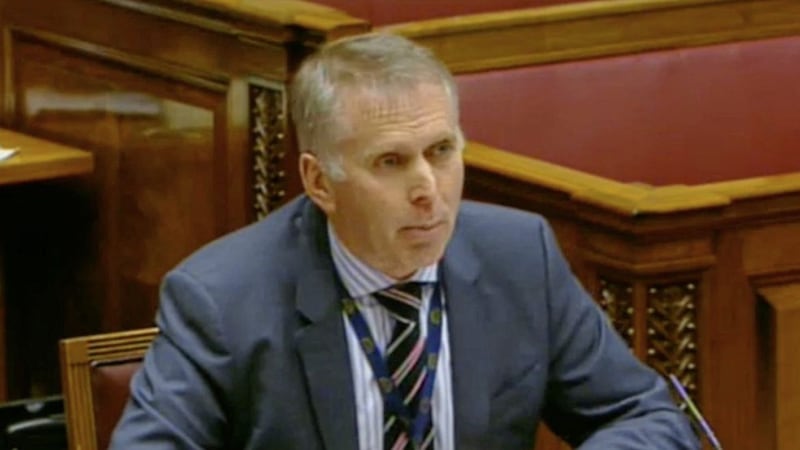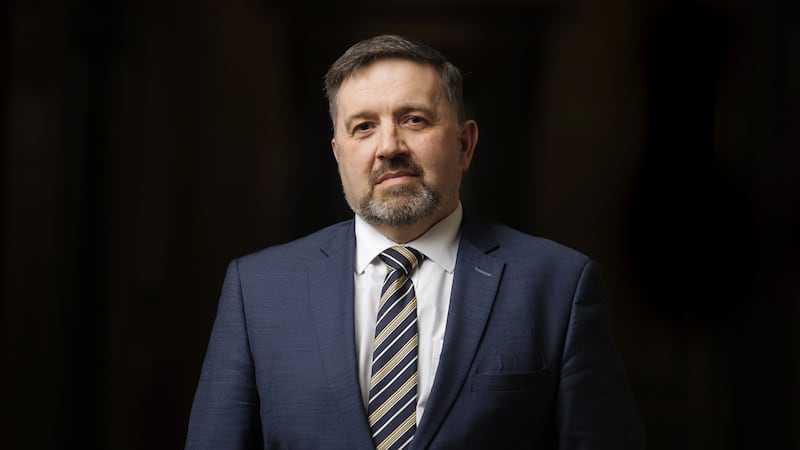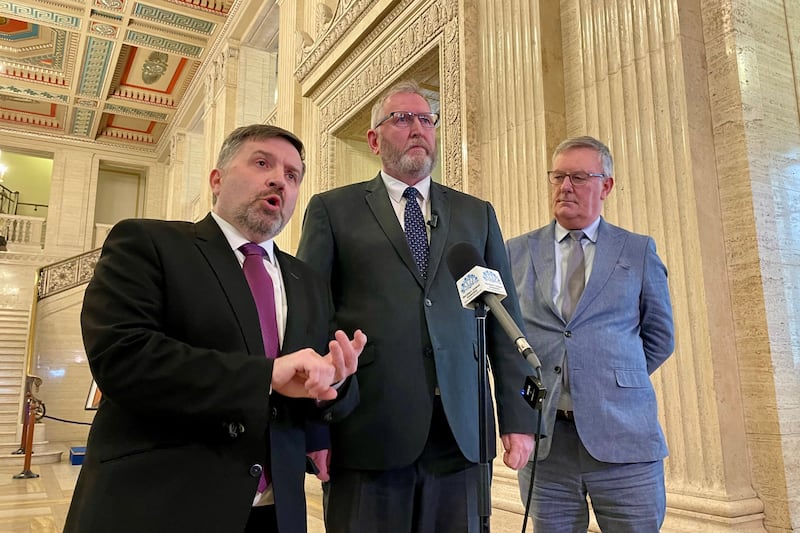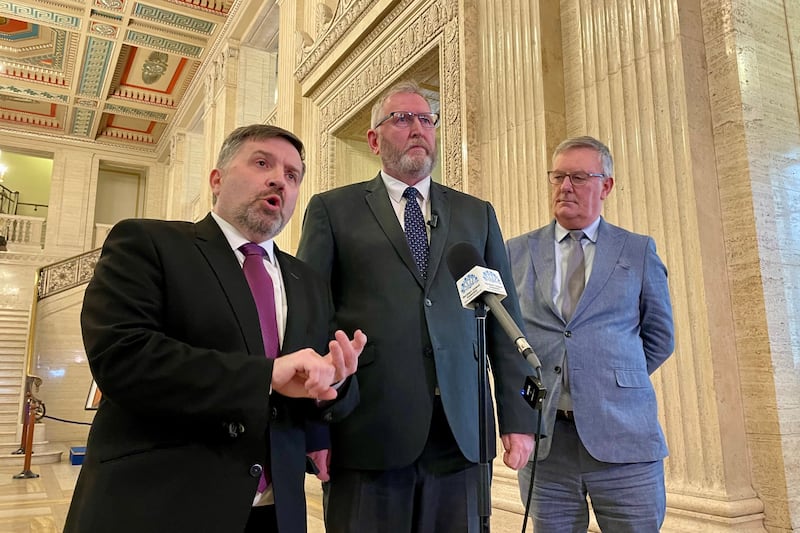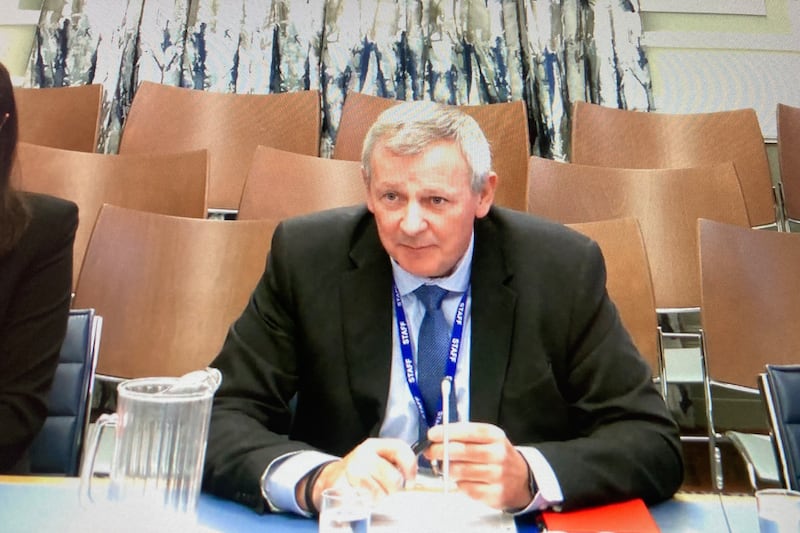A senior civil servant will tomorrow take control of the north's public finances following the failure to establish a Stormont executive.
Department of Finance (DoF) permanent secretary David Sterling will be required to immediately put in place a budget for the forthcoming financial year, which begins next week.
He will initially have control of a sum that is the equivalent of three-quarters of last year's total spend.
Stormont's main budget for day-to-day spending in 2016-17 was just under £10 billion, most of which came from Westminster in the block grant.
While concerns have been raised about cuts to public services, there is no immediate need to reduce spending.
If there is no a budget bill in place at Stormont by the end of July, Mr Sterling gets the power to allocate 95 per cent of last year's total.
In that scenario, however, the likelihood of cuts and job losses increases.
In January, the DoF permanent secretary told a Stormont committee that his control of the regional purse strings was "purely a stopgap" that ensured Stormont departments have the cash necessary to provide their services.
Mr Sterling warned that if the current situation prevailed, difficulties could arise as the year progresses and resources are squeezed.
He said the effects would be especially severe in the Department of Health, which "faces real difficulties in this scenario".
"The quality of service provided will depend on the pattern of spend that the department is allowed to incur from the beginning of April," Mr Sterling told the committee.
The lack of an assembly also means that there is nobody to strike a regional rate, that component of household and business rates bills set by the regional government rather than local councils.
It is understood that plans are in place to issue next year's rates bills but a date has not been set yet, with funding for councils having to paid out of central budget in the meantime.
Secretary of State James Brokenshire yesterday highlighted the need to secure a deal that would restore the executive before the lack of agreement impacted on spending.
"The reason I say that is because of the stark issue in relation to public services here in Northern Ireland and the lack of a budget having been set, and therefore it is the impact on public services on having an extended period that is very much at the forefront of my mind in terms of the responsibilities that we have as the UK government to provide that assurance to the public here," he said.
People Before Profit MLA Gerry Carroll called for MLAs' pay to be slashed if no agreement is found.
"Many people are concerned about this, and a lot of them are worried about funding and job losses," he said.
“If a deal cannot be made over the next few weeks that sees movement and progress around key issues, then people will be questioning whether or not MLAs should continue to be paid their full wage – if a school was closed down, teachers wouldn’t expect to be paid. Similarly, if a hospital is shut, the state does not continue to pay health workers."
